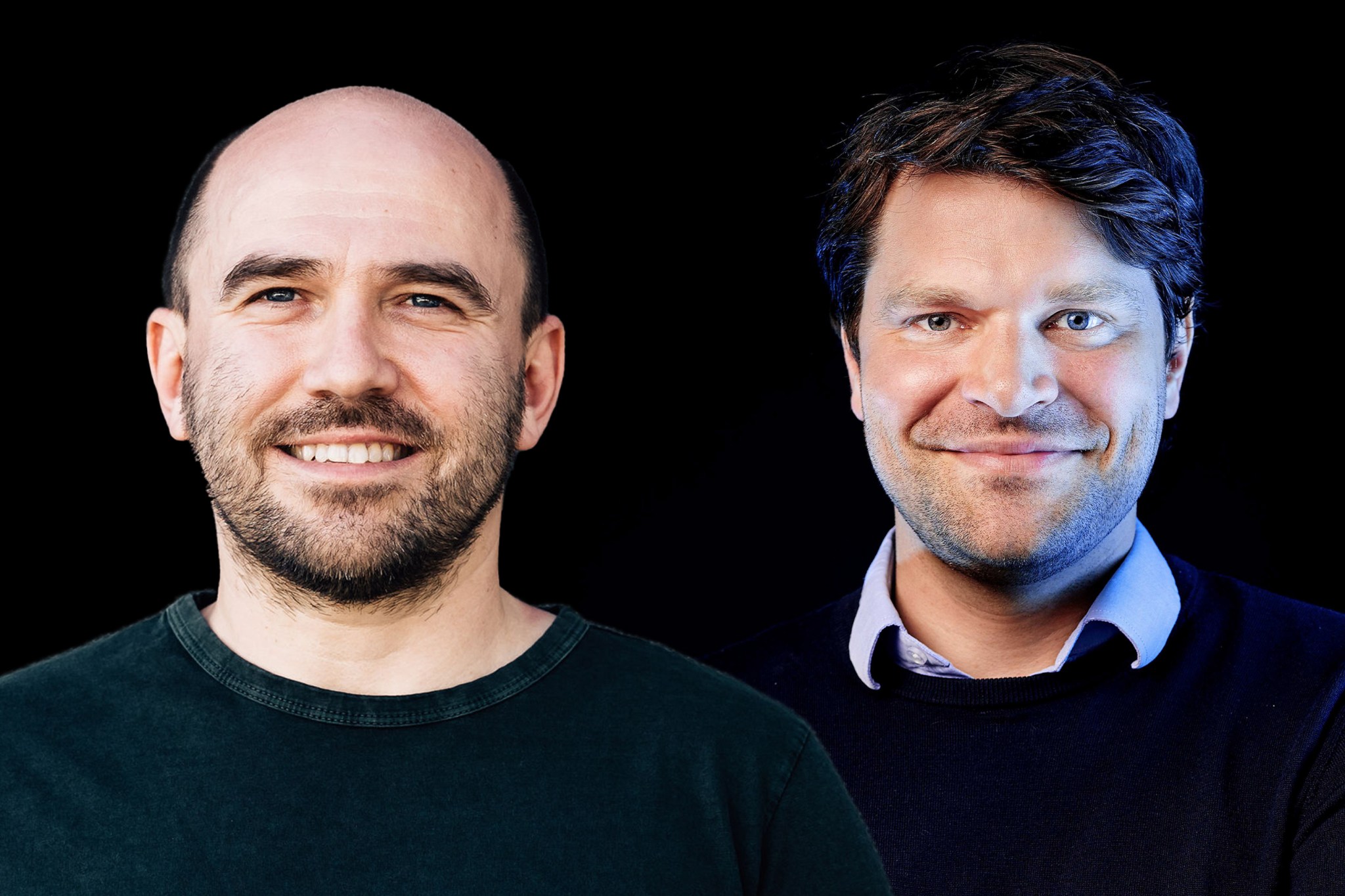
In Europe, the venture capital story so far in 2023 has mirrored that of the U.S.: Funding is down, way down. Yet startup scenes in cities like Berlin are continuing to grow over recent years, and some local VCs are optimistic that after the recent slump, booming growth can resume once more. Soon, they hope.
I’m in Berlin this week and took the opportunity to catch up with a couple of Berlin-based VCs in the Mitte neighborhood (which houses many of the city’s VC shops) to get a better sense of what investing in Europe, and in particular, Berlin, looks like right now.
So far this year has been “pretty calm” owing to uncertainty about the market, says Anton Waitz, a general partner at Berlin-based early-stage firm Project A, who I met at their office. But he predicts “things will become more active in the second half of this year,” though at largely lower valuations. He says the current moment is “kind of like [an] extension-of-runway game, and it really feels like things have to be adjusted. It's an adjustment phase.”
That’s clear in the data: Per Crunchbase, VC funding in Europe plummeted over 65% year over year for the first quarter of 2023, while seed funding in particular—those startups in their earliest stages—took an over 20% quarter-over-quarter hit. “We need to see even more checks in the box than before, probably,” says Waitz of their investment process.
Despite the bleak numbers, some top Berlin VCs, like Pawel Chudzinski from Point Nine Capital, told me over coffee earlier this week that activity has already “been picking up over the last couple of months” in the seed stage. (Point Nine focuses primarily on seed-stage B2B startups.)
He says “early-stage funding is happening. We've committed to [some] things, we see other people do[ing] it, too.” It’s “less competitive than it was,” but still competitive, he added later.
Both Chudzinski and Waitz are excited about the current crop of startups. And they both emphasized how bullish they are on the Berlin (and the broader European) startup scene, too: “We have great developers, extremely good talent,” notes Waitz, who says that while previously the startup space was considered risky in Germany, more people are joining VC firms or starting their own companies now.
Beyond the current lull, Waitz believes there will be a continuation of the growth over the last 10 years or so: “I'm extremely confident that this scene will continue to thrive,” he says.
At the moment, Waitz says they're particularly interested in fintech, climate tech, hardware-based models, and supply chain startups. And Point Nine’s Chudzinski says he’s spent recent months investing in software related to energy.
On both Chudzinski and Waitz’s minds is A.I., the venture trend du jour. A.I. and ChatGPT are making the rounds in VC and startup conversations in Europe, and “every boardroom” is discussing it now, notes Waitz.
Chudzinski is interested in the ways in which A.I. is growing in Europe. He thinks Europe could have a “natural” edge in A.I. being applied to manufacturing—“like A.I. for robots,” he says. “It feels like there's much more expertise from the manufacturing space flowing over to the tech entrepreneurship scene” in Europe, Chudzinkski says, pointing to startups like Intenseye, Ethon.ai, and Cerrion.ai, all of which address various aspects of manufacturing.
VCs are naturally an optimistic bunch, but my takeaway is there still seems to be a lot of excitement about the European startup scene.
And now for more A.I. funding…2023 is a bad year to fundraise—that is, unless you’re building something related to artificial intelligence. Pinecone said yesterday it had raised $100 million in series B funding, at a $750 million valuation, led by Andreessen Horowitz and joined by ICONIQ Growth, Menlo Ventures, and Wing Venture Capital. Pinecone launched publicly in 2021 and has built what’s known as a “vector database,” which acts as long-term memory for large language models, where they can retrieve documents, external information, or a chatbot’s own responses to prompts. Pinecone is based out of New York. —Jessica Mathews
Have a great weekend,
Anne Sraders
Twitter: @AnneSraders
Email: anne.sraders@fortune.com
Submit a deal for the Term Sheet newsletter here.
Jackson Fordyce curated the deals section of today’s newsletter.


.png?w=600)




